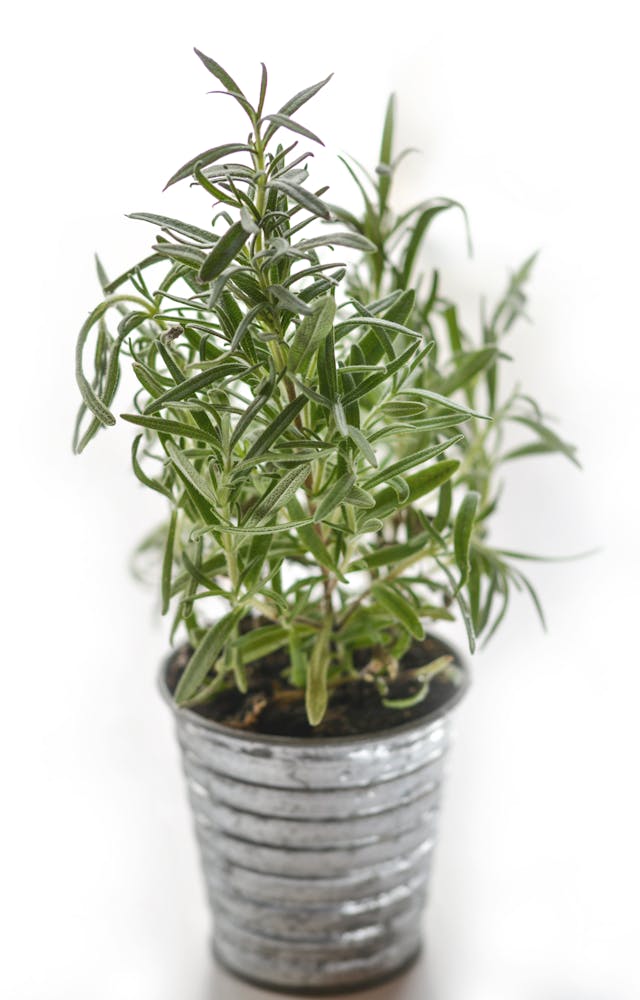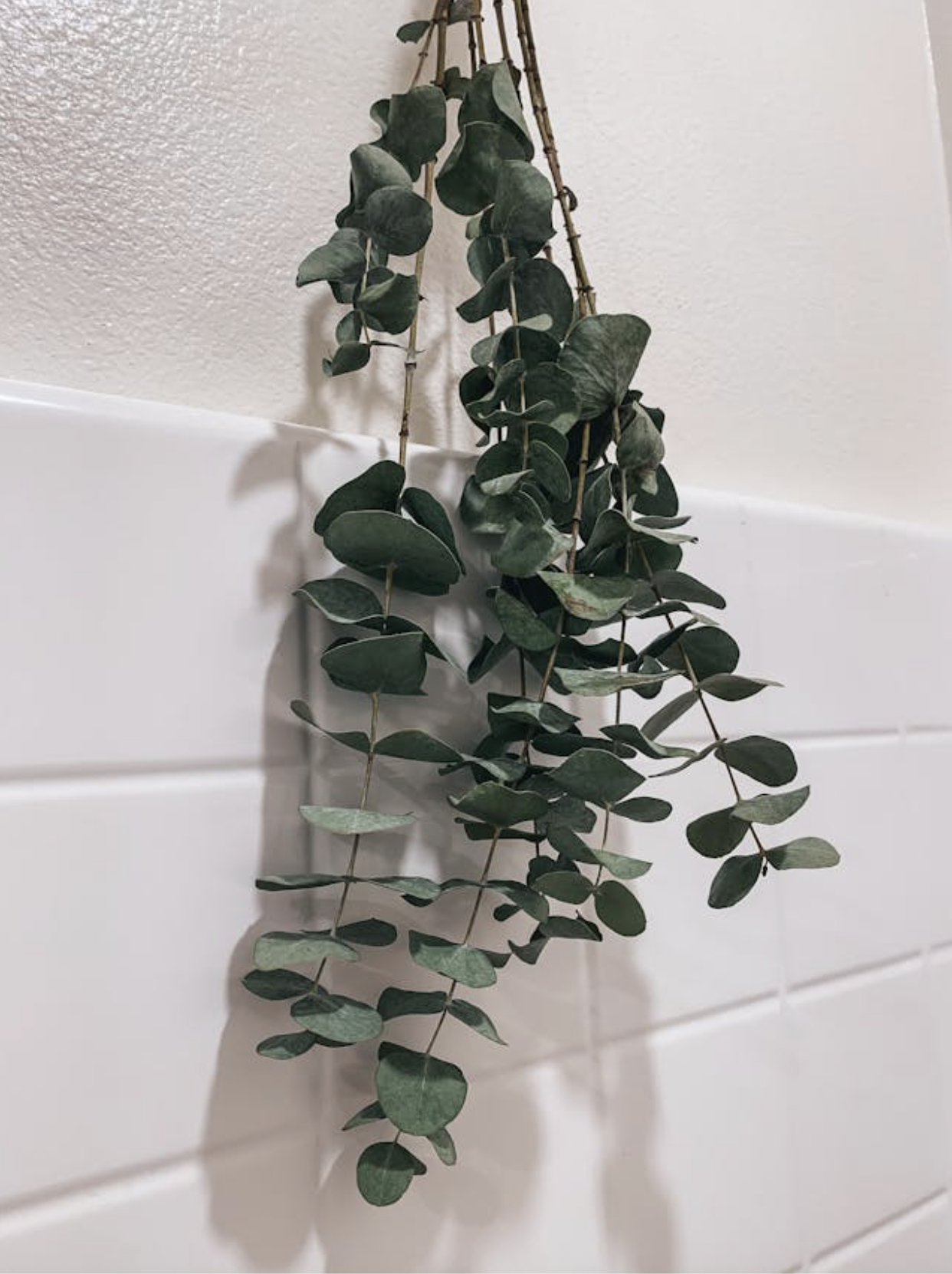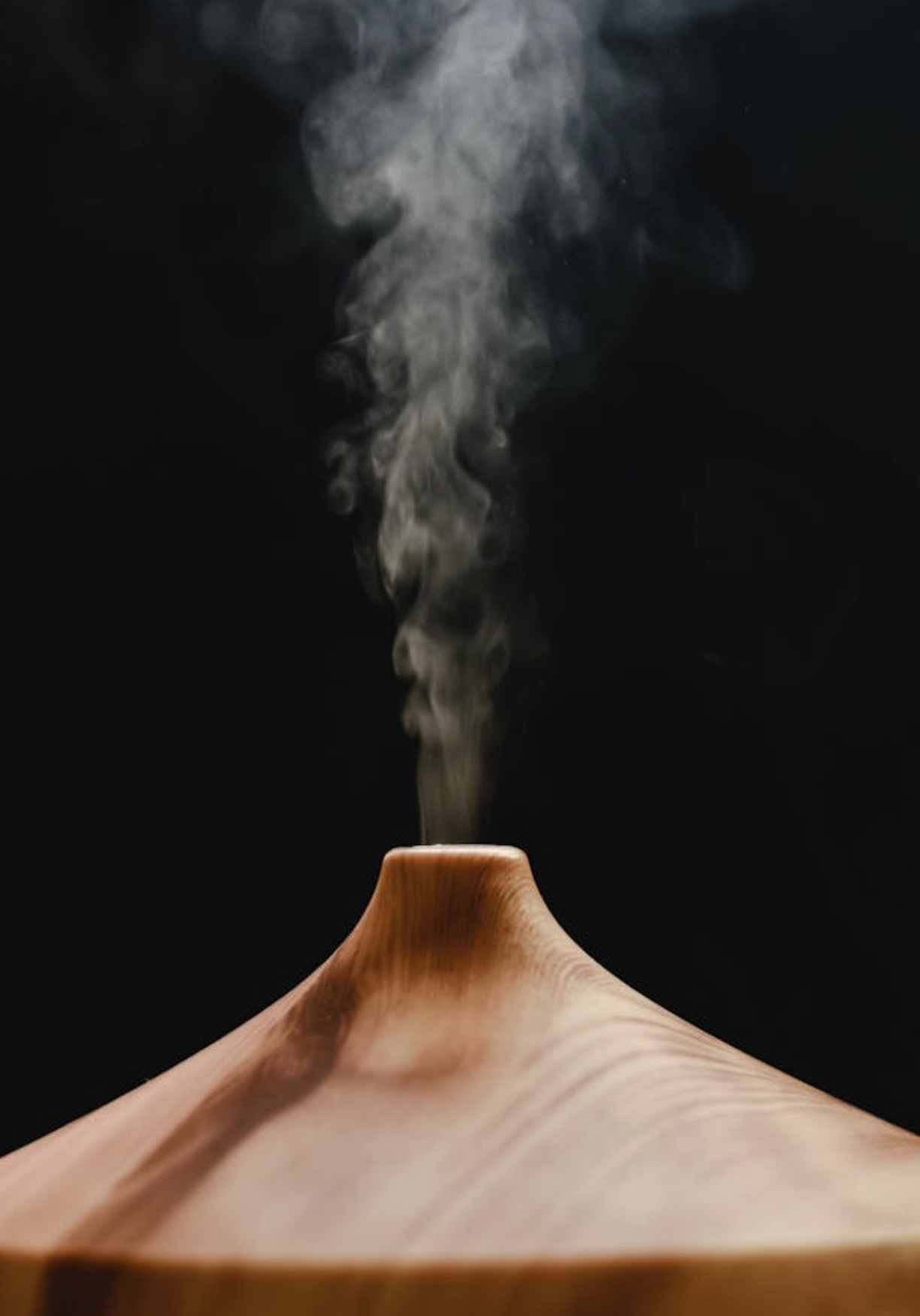Sick of the nonstop itching and scratching from pesky fleas? You’re not alone!
Check out our guide to natural flea repellents for humans and learn simple ways to protect yourself with ingredients you may have at home. From traditional remedies to innovative techniques, discover how to reclaim your space and keep those unwelcome guests at bay!
Understanding Fleas
Fleas are bloodsuckers– literally. These tiny pests are quick, persistent, and always on the lookout for their next warm-blooded host, whether it’s your dog, your cat, or even you!
These tiny terrors are fast, using their jumping abilities to hop onto dogs and cats with ease. Once they’ve found a host, they get to work feeding and breeding, introducing hundreds of eggs into your home before you know it.
But fleas are more than just an annoyance. They can also pose serious health risks. From the infamous “Black Death” to typhus, fleas have left their mark on the world and continue to do so with every new bite.
They can even harbor parasites! Some fleas carry tapeworm larvae, which can spell trouble for you and your pets if accidentally ingested. That’s why it’s so important to act fast and protect both your home and your body before an infestation gets out of hand.
Essential Oils vs. Fleas
Looking for a natural flea repellent that actually does the job? Essential oils can be powerful allies when it comes to keeping fleas at bay, but only if you use them carefully.

Citronella: If you’re wondering, will citronella repel fleas?—We’re here to report that, yep, it can. Known for its fresh and citrusy scent, citronella oil is a well-established natural insect repellent. Citronella can help mask scents that attract fleas, making it less likely for them to latch onto you or your pets. Mix a few drops with a carrier oil and apply to your ankles, socks, or other exposed areas before heading outdoors.
Lavender: Fleas hate the smell of lavender, even if we love it. You can add a few drops to a diffuser or mix it with water for a gentle spray on fabrics or furniture.
Peppermint: Peppermint oil pulls double duty with its strong, minty, and refreshing scent. It helps repel fleas on humans and can be used as a natural flea repellent around the house, too. Just be sure to dilute it well before using it on your skin, as it can be irritating on its own.
If you’re looking for ways to naturally repel fleas and add a little defense to your daily routine, these essential oils are a great place to start!
Quick tip: Always do a patch test before using essential oils on your skin, and keep them away from pets unless you are certain they are pet-safe.
Herbs that Repel Fleas
Some herbs don’t just belong in the kitchen! Several common herbs double as natural flea repellents, making them an easy addition to your flea-fighting toolkit.

Rosemary: Rosemary is a must-have in kitchens everywhere, but did you know it’s more than just a cooking essential? Rosemary is a gentle flea deterrent that’s known to repel fleas on humans and pets. Try boiling a few sprigs in water and using the cooled mixture as a homemade flea repellent rinse for your pet’s bedding or spritzing it on your skin or clothes before heading out to flea-rich spots.
Eucalyptus: The strong aroma of eucalyptus oil masks the scents that attract fleas, making it less likely for them to infest your living spaces. Hang a small bundle in an entryway or place fresh sprigs around certain spots to keep fleas from infesting certain spots indoors.
Lemongrass: Lemongrass is a true gem for flea control, thanks to its delightful citrus aroma and natural insect-repelling properties. Packed with compounds like citronella, lemongrass is a powerhouse for keeping fleas at bay. Plant it near high-traffic outdoor areas or use it to line window boxes for extra protection.
Other Natural Flea Repellents for Humans
Looking for more ways to keep fleas off your skin and out of your space? Beyond herbs and essential oils, there are a few other natural ingredients that can help with flea control for humans.
Apple cider vinegar: This kitchen essential is a handy tool in the fight against fleas! Apple cider vinegar creates an acidic environment that fleas can’t stand, making it a natural deterrent. It’s often used in homemade sprays or added to baths for extra flea-fighting power.
Neem oil: Neem oil, extracted from the seeds of the neem tree, has been a staple in traditional medicine and pest control for ages. Packed with compounds that repel fleas and disrupt their life cycle, it’s a powerful natural repellent against these pesky critters.
These options can be used on your body or your clothes, depending on your preference. Just keep safety in mind, and consult a professional if you’re unsure how to use them correctly.
Plant Flea-Repellent Herbs
Rosemary, eucalyptus, and lemongrass serve a dual purpose by not only repelling fleas but also adding some extra spice to your kitchen. Here’s how you can use them:

Indoor Decor: Strategically place potted herbs throughout your home, particularly near entryways and windows, to discourage fleas from entering indoors.
Garden Areas: Incorporate flea-repellent herbs into your garden beds or pots for a natural barrier against fleas. You can also crush fresh herbs and scatter them around outdoor seating areas to repel fleas during your next outdoor outing.
Essential Oils & Flea Protection
Looking for a natural way to fend off fleas? Essential oils to repel fleas can be a great addition to your routine.

Diffusers: Simply add a few drops of your chosen essential oil to a diffuser and let it run in rooms where fleas are prevalent. This method disperses the scent throughout the space, acting as a natural flea deterrent. But before you begin, double-check to ensure your chosen essential oil is safe around your furry friends.
Topical Use: You can make a personal flea repellent by mixing a few drops of essential oil with a carrier oil like coconut or almond oil. Lightly apply it to exposed areas of skin, like your ankles or arms, before heading outside. Just be sure to do a patch test first to avoid irritation.
Safety Considerations & Long-Term Results
Exercise caution when using essential oils, particularly around children and pets. While many essential oils have flea-repellent properties, some can be toxic if ingested or applied directly to your skin. Always dilute essential oils and avoid direct contact with your eyes and nose.
It’s also smart to consider your own sensitivities. While many natural flea repellents for humans are gentle, some herbs or oils can cause skin irritation or an allergic reaction.
If you have known allergies or sensitivities, test a small amount of the repellent on a small patch of skin before using it all over. Immediately quit using these products if you notice irritation or a reaction, and seek medical attention!
Ready for Real Relief from Fleas?
Natural repellents can help you avoid bites, but they won’t stop an infestation once it’s taken hold. That’s where proof. comes in.
Our professional flea control service uses a proven two-visit treatment plan to eliminate fleas at every stage of their life cycle. We inspect your home, target problem areas, and apply treatments that provide lasting protection. From pet beds to crawlspaces, we cover every inch.
Here’s how we do it:
- Inspect your entire home, including pet zones, attics, and crawlspaces
- Apply targeted treatments to kill adult fleas and disrupt the development of eggs and larvae
- Use vacuuming to trigger flea eggs to hatch so they can be eliminated more effectively
- Follow up with a second visit to make sure your home stays protected
If you’re noticing itchy bites, scratching pets, or even spotting fleas, it’s time to act. One call is all it takes to stop the scratching and reclaim your space. Ready to stop the bites and take back your home? Call proof. for powerful, proven flea control that works.

